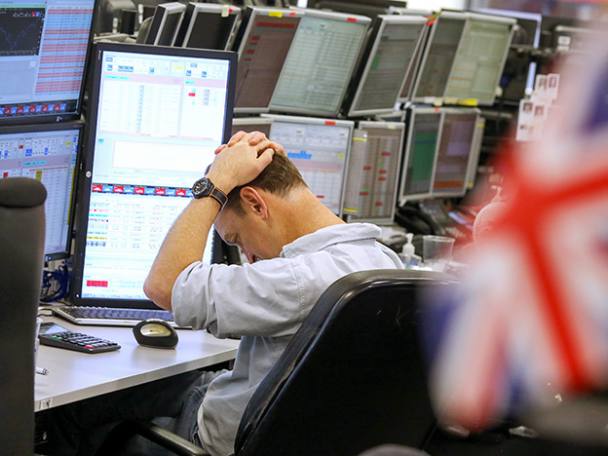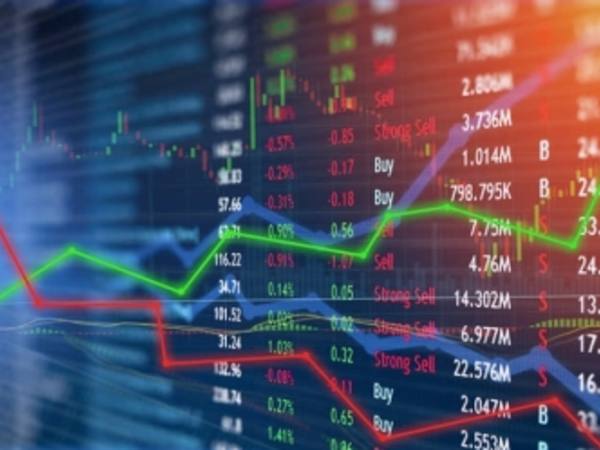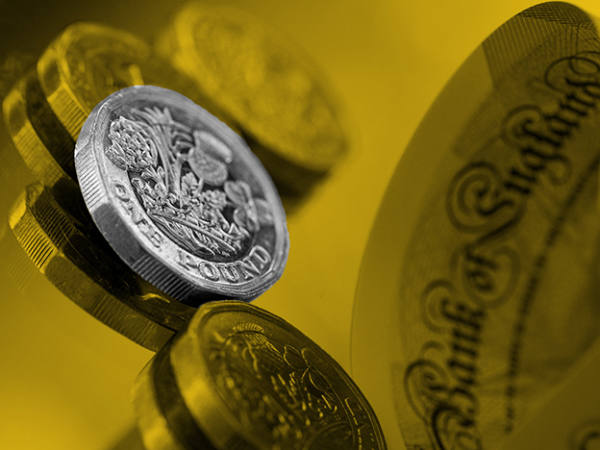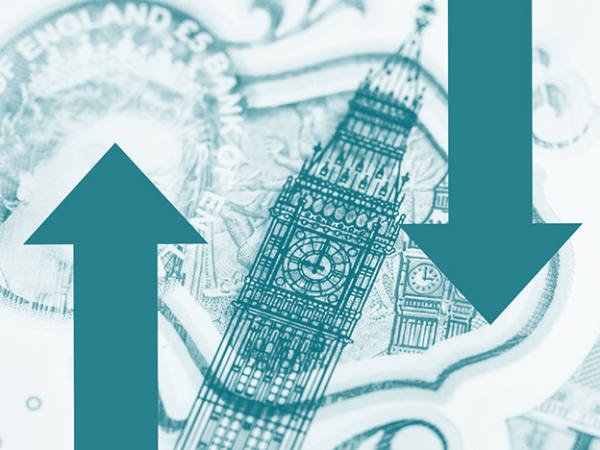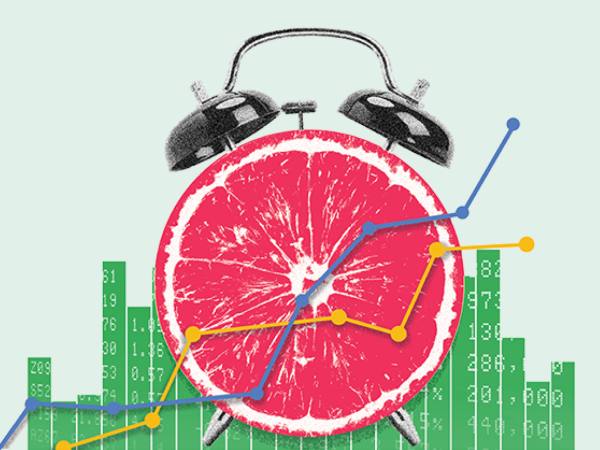- Short-selling bans have come and gone for 400 years
- Research suggests they do little to help market efficiency
Last month’s GameStop (US:GME) tussle between r/WallStreetBets and several Wall Street hedge funds serves as a timely reminder of how unpopular short-selling can be. By borrowing stocks, selling them, buying them back at a lower price and returning them to their owner, short-sellers hope to turn a profit – which only happens if the stock price falls. Some critics view short-selling as immoral; the exploitation of others’ misfortune and an exacerbating factor in periods of market crisis.
Objection to short-sellers has been around for as for as long as the stock market. In 1609, a group of businessmen led by one of the founders of the Dutch East India Company, Isaac Le Maire, who had been kicked off the board, formed a secret association to short shares in the company in anticipation of the incorporation of a rival French trading firm.
Le Maire and his colleagues sold shares forward promising future delivery one or two years later. Over the next 12 months, their profits mounted as East India Company shares fell, angering shareholders who learned of their plan. By January 1610, just three years after the founding of the Amsterdam stock exchange, the first regulation against short-selling was sanctioned.
In the 400-odd years since, short-sellers have frequently been blamed for stock market falls and numerous regulations have come and gone against the practice. But there is a wealth of research to suggest short-selling is a key component of market efficiency, and that bans often have a net negative impact, even in times of crisis.
Short-sellers’ most obvious use has been acting as the markets’ detective. In the US, a short-seller was the first to sniff out Enron, one of the world's most infamous accounting scandals. In the UK, shorts were sounding alarm bells on Carillion for years before its demise – a valuable lesson for those who listened. The same goes for German payments firm Wirecard, and the list goes on.
Shorts’ second function is market liquidity, as the presence of sellers makes it easier for those looking to buy. According to a study of market-wide short-selling restrictions by Hazem Daouk of Cornell University, allowing short-selling improves market quality. The study analyses 111 countries between 1969 and 2002 and found that in markets where short-selling is more feasible, stock turnover (a proxy for liquidity) was 15 per cent higher.
Meanwhile, short-selling bans have been found to hinder price discovery. An analysis of 46 countries between 1990 and 2001 published by the National Bureau of Economic Research found that in countries that permit short-selling, stock prices incorporate information more quickly. The research found high volatility more prevalent in countries with short-selling restrictions and little compelling evidence that constraints prevent or mitigate severe price declines at the market level.
After Lehman Brothers’ bankruptcy in September 2008, regulators around the world, including the Securities and Exchange Commission (SEC) in the US and the Financial Services Authority in the UK, altered short-selling regulations, restricting or prohibiting the short-selling of particular stocks.
Analysing more than 12,000 stocks in 26 countries between 2005 and 2009, Pedro Saffi of IESE Business School and Kari Sigurdsson of Schroders found that stocks with higher short-sale constraints, measured by low lending supply, had lower price efficiency. What's more, relaxing short-sales constraints, as countries did when markets calmed, was not associated with an increase in either price instability or occurrence of extreme negative returns. Christopher Cox, former chairman of the SEC, said that the biggest mistake of his tenure had been to implement a three-week ban on short-selling bank stocks at the height of the financial crisis in 2008.
But these findings did not deter a number of regulators from trying to stabilise markets again last March by implementing short-selling bans and restrictions. South Korea banned short-selling in three markets and has only recently started lifting restrictions, while Italy, Spain, France, Greece and Belgium all temporarily halted short-selling on hundreds of stocks.
The short-selling bans in Europe were lifted in May last year when markets calmed. According to data from Exane BNP Paribas, markets that imposed restrictions on short-selling saw their share of pan-European trading volumes drop an average of 13 per cent from January levels.
For those who worry that short-sellers can artificially depress the share price of companies, there’s little evidence to suggest this is what happens. Take Ocado (OCDO), one of the UK’s most shorted stocks in 2016 and one of the FTSE All-Share’s best performers in recent years. Tesla (US:TSLA) has been another short-favourite for years, while also the S&P 500’s star performer. Who knows – the shorts could end up being right, but there is little sign of them holding back growth.



